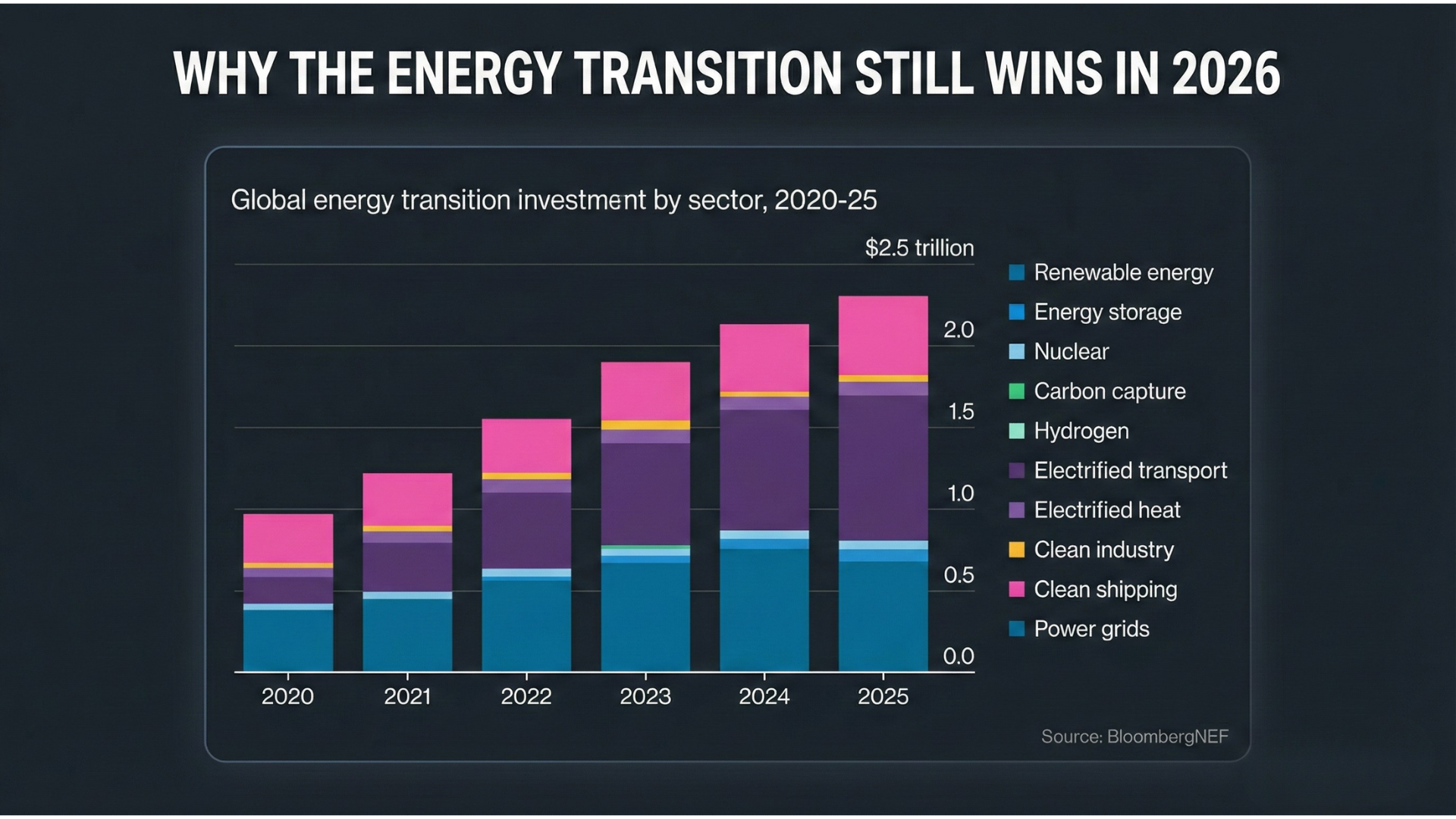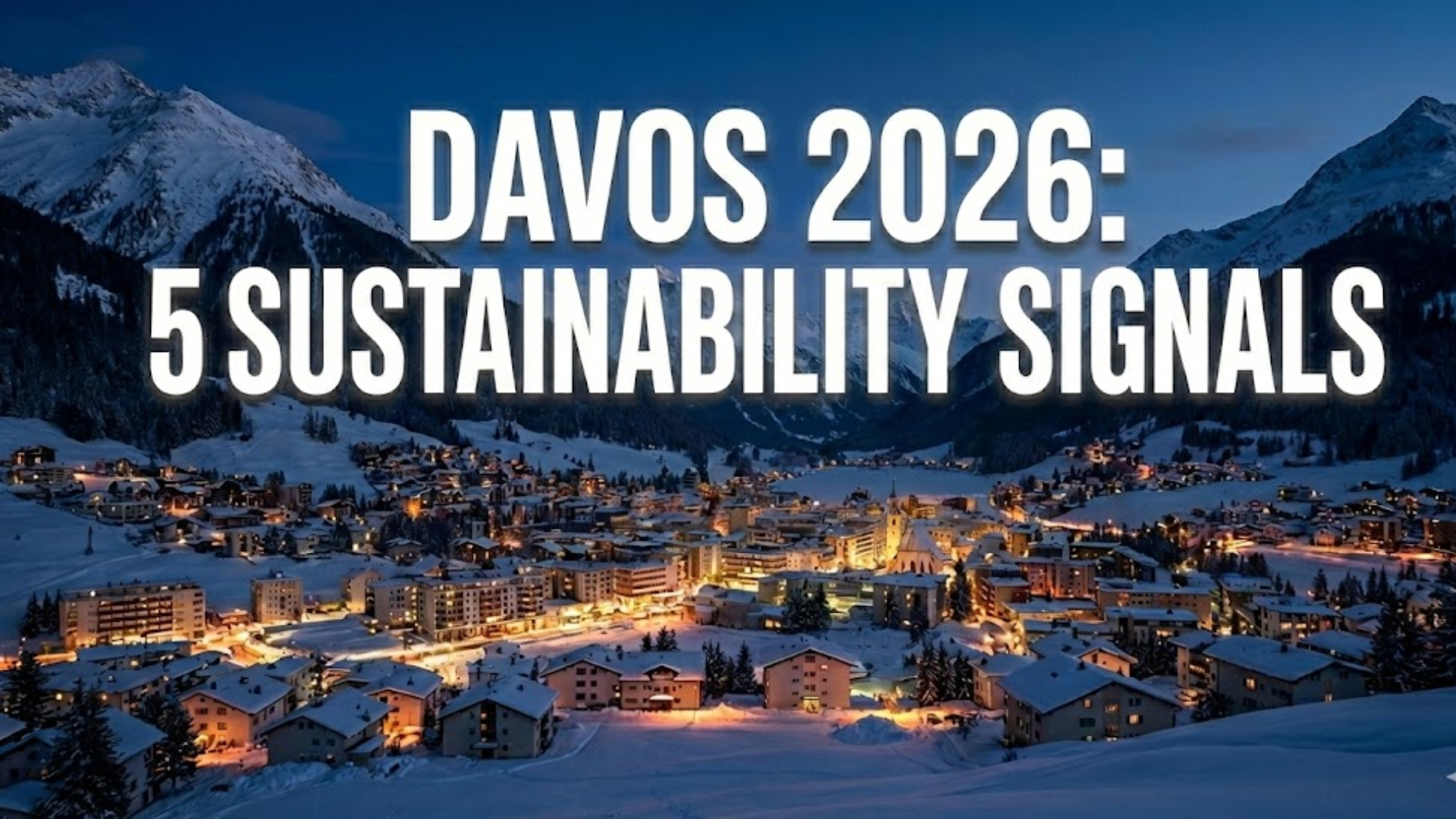

California’s climate rules: new delays, changes, and injunctions
Momentum builds in the second week of COP30
EU’s carbon tariff (CBAM) under attack in COP30 negotiations
Investors and businesses split on weakening Europe’s sustainability policies
US Securities and Exchange Commission blocks shareholder resolutions
Building a climate reporting regulation is a tricky balancing act. You need to collect enough information to provide value to investors and other stakeholders, while simultaneously keeping the reporting burdens acceptable.
This is playing out in real time in California as it struggles to implement its new climate laws: SB 253 (emissions reporting), SB 261 (climate risk reporting), which were combined into SB 219 - now collectively known as “the 200s.”
This week, the California Air Resources Board (CARB) held its third public workshop on the implementing rules, where it outlined plans to delay some timelines and clarify which companies are covered. All of this is happening under extreme pressure with compliance deadlines as soon as six weeks away, active litigation, and an emergency appeal to pause the process.
Adding to the pressure and confusion, just after the CARB workshop began, the Ninth Circuit Court of Appeals issued a two-sentence judgment granting an injunction against SB 261, which requires climate risk reports starting on the 1st of January 2026. This means reporting climate risk reports will be postponed until the appeal process is over.
Despite this bombshell, CARB shared a slide deck, an updated FAQ, and a finalized and slightly edited reporting checklist for climate risk reporting (SB 261). Here is our attempt to simplify the new policy:
SB 261 - Climate Risk Reporting
Before the injunction paused the implementation, CARB announced that covered companies must still report their climate risks on their own websites on January 1, 2026, but have an additional six months (July 1st, 2026) to submit the reports to CARB. CARB stated they are studying the court ruling and will issue updates as needed.
SB 253 - Emissions Reporting
Key updates for first year reporting:
The deadline for reports was extended six weeks - from June 30th to August 10th, 2026.
CARB added a “comply or explain” option, allowing companies that do not report their emissions by the deadline to submit a letter explaining why.
Companies are not required to provide limited assurance in the first year of reporting, but are advised to do so, and it will become a requirement in 2027.
Throughout the workshop, the CARB staff said: “give us what you have." They suggest companies provide fully assured emissions and comprehensive risk reports, but in the first year, entities will not be punished for submitting something if there's a valid explanation for what they did not report.
Who’s Covered and Who's Not

CARB released a preliminary list of covered entities in September. However, they confirmed in that workshop that this was meant only to provide a rough estimate of covered entities, not to inform the listed companies that they are covered. To help companies determine if they are covered, CARB provided the flow chart above and the following clarifications:
Doing Business in California: CARB removed the property holdings and payroll criteria. The definition of “doing business in California” will be determined by the financial benefits from state transactions or being domiciled in the state.
Revenue Threshold: Companies are covered if their revenues exceed $500 million (SB261 - climate risk) or $1 billion (SB253 - emissions) in the two years preceding compliance. The two-year lookback is designed to prevent companies from entering and exiting compliance regularly.
Exemptions: Not-for-profits and companies whose only business in California is teleworkers will be exempt.
The Ninth Circuit injunction means that an emergency appeal to the US Supreme Court last week was withdrawn. There is another ongoing lawsuit in the US District Court that argues the California laws violate First Amendment rights, scheduled for ruling in October 2026.
To say this is a moving target is an understatement. The tight timeframes, litigation, shifting timelines, and changing compliance criteria add up to a lot of confusion. CARB has repeatedly signalled its flexibility and willingness to accept “best efforts” as the policy matures. While the legal team may be triggered by the uncertainty, companies that have previously issued climate reports should be well positioned to comply, others should start the process now.
👉 Prefer to get Sustainability Simplified straight into your inbox instead of LinkedIn? Sign up to our email list here.
2. COP30 Week 2

Given the headwinds ahead of this year’s international climate meeting (Conference of the Parties - COP), expectations for breakthrough agreements were low. However, as we move into the second week and indigenous protests continue, momentum is building:
Eighty-two countries agreed to a proposal to reduce their economies' reliance on fossil fuels. Final approval will be challenging as the oil-producing countries are opposed. But delegates are hopeful that they can negotiate terms to get it done.
The UN answered calls for reform of the COP process by making it more focused on implementation and action rather than pledges. The UN is also considering abandoning the consensus model, in which all countries must agree to commitments that regularly hamper ambition.
With climate risks accelerating, adaptation has played a larger role at COP30 than at any other COP. One of the outcomes that will likely go down to the wire is adaptation funding for the Global South. An adaptation deal already done was the Fostering Investible National Planning and Implementation (FINI) for Adaptation & Resilience initiative, which aims to channel $1 trillion in private and public financing into adaptation projects
So far, the Brazilian Presidency has failed to secure any early deals. Then, a fire in the blue zone yesterday halted negotiations. But, there is still a long way to go as negotiations on national climate action plans and financing move into the 11th hour, as they inevitably always do.
3. CBAM Overshadows COP30

Europe’s Carbon Border Adjustment Mechanism (CBAM) – a carbon border tariff charging importers for the embodied carbon (the amount of carbon it took to make a product) of certain imports above a threshold starting in 2026 – has become a linchpin in COP30 negotiations.
Countries like China and India are calling for “unilateral trade measures” and using further decarbonization pledges as leverage to pressure the EU to halt or weaken its CBAM. However, the EU sees CBAM as a way to ensure competitiveness as it invests in decarbonizing its heavy industry. EU’s chief COP negotiator, Jacob Werksman, said, “You have to make sure that an open market isn’t driving the deindustrialisation of your own economy.”
Despite CBAM potentially becoming a ‘spoiler’ of broader negotiations, Europe has stood firm so far, even after India asked for an exemption, and claimed that CBAM is an “instrument of protectionism” and it could “undermine multilateral co-operation.”
4. Private Sector Split on EU Simplification Direction

Following the EU Parliament’s seismic vote last week, where the European People's Party sided with the far-right to weaken sustainability laws beyond all expectations, there have been strong reactions from all sides:
Investors across the board criticized limits on information needed to assess sustainability-related risks in a comparable and consistent manner. However, some investors claim the simplifications will make EU companies more competitive (the original goals of the ‘Omnibus’ simplification effort).
Fourteen companies disavowed a letter sent in their name last month calling to abolish the Corporate Sustainability Due Diligence Directive (CSDDD). Instead, they clarified that they want the rule simplified but not abolished.
Sustainability standard-setting body GRI called the EU Parliament's vote a step “backward,” adding that the changes to Corporate Sustainability Reporting Directive (CSRD), ‘misjudge the interests and needs of business.’
While there is clearly mixed sentiment across businesses, expect the Omnibus Simplification process to significantly weaken Europe’s sustainability policy. The “trilogue” (the European Commission, the European Parliament, and the Council of the European Union) negotiations have now begun in earnest, with a final verdict expected by December 8th.

The US Securities Exchange Commission (SEC) announced this week that, partly due to the shutdown of the US government, it would “not respond to no-action requests for, and express no views on, companies’ intended reliance on any basis for exclusion of shareholder proposals.” This sentence is about as clear as mud, but what it means is the SEC will allow companies to ignore shareholder proposals on climate and sustainability.
While the SEC claims the move was due to the shutdown, it follows multiple mentions by SEC Chair Paul Atkins that he plans to change the shareholder proxy voting process. And follows an announcement last week that the SEC will reconsider the role of proxy advisor firms.
Sole Democratic SEC Commissioner Caroline Crenshaw claimed the move “creates unqualified permission for companies to silence investor voices. This is the latest in a parade of actions by this Commission that will ring the death knell for corporate governance and shareholder democracy, deny voice to the equity owners of corporations, and elevate management to untouchable status.”
The views expressed on this website/weblog are mine alone and do not necessarily reflect the views of my employer.
Other Notable News:
Sustainability Reporting
In their first-ever sustainability report, Patagonia made headlines for its masterclass in communications. Their radical candor might inspire other companies to release more realistic, engaging, and inspiring reports.
Climate Litigation
COP30
GHG Protocol
Trump 2.0
Sustainability Research
Notable Podcasts:
Tuesday’s “The Daily Podcast” from NYT, was all about how the future of energy had already arrived, just not in the US. It shows how Trump’s backtracking on clean tech and absence from COP30 has led to China becoming the world’s leading green power.
In this week’s episode of Outrage and Optimism, the hosts are live from the second week of COP30. With negotiations reaching crunch time, the team looks into the details of what's at stake and why India, China, and other emerging economies will determine success.







